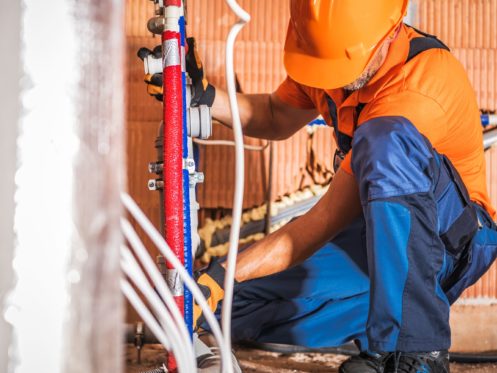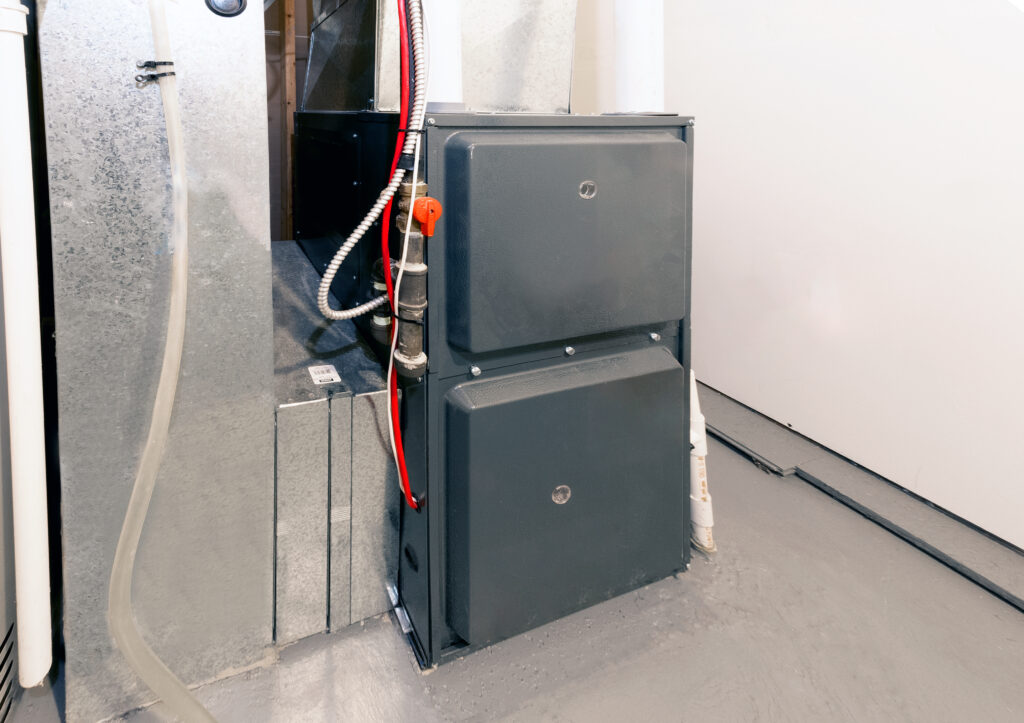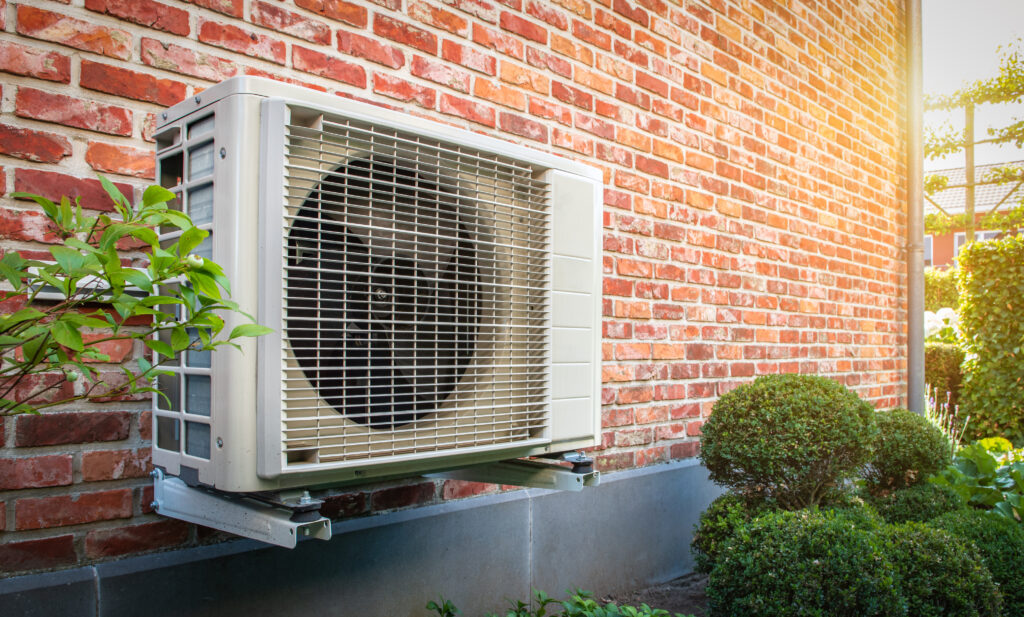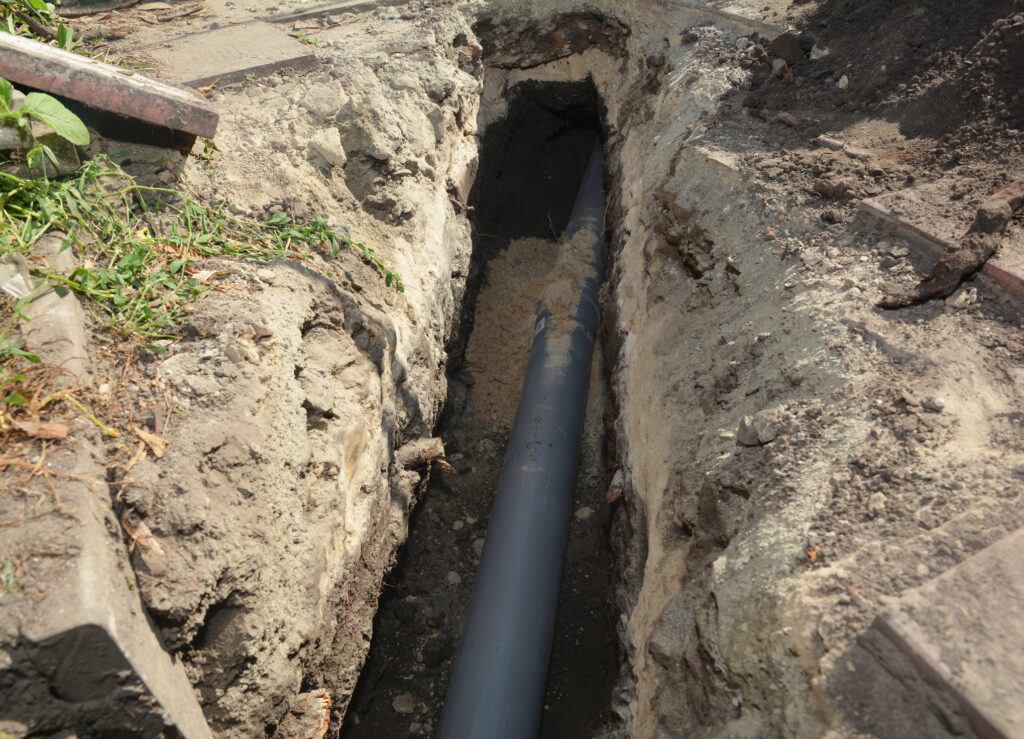Should You Insulate the Water Pipes in Your Home?
Aside from pipes that carry hot water, not every residence has had its water pipes insulated. Usually, only homes that are built-in cold climates where pipes are exposed to freezing temperatures take this extra measure. However, all the pipes in a home can benefit from being insulated, even if they only carry cold water. Here are several reasons why you should ensure that all your home’s pipes have insulation.
Less Attractive to Pests
Dripping and leaking faucets are very attractive to pests, but nuisance creatures can also be attracted to intact pipes that are providing water throughout a house. Condensation builds on the exterior surfaces of these pipes where warm air from the home comes into contact with them. The resulting moisture tends to create a water source for pests.
Little insects like earwigs, silverfish and cockroaches subsist very easily by drinking only water from droplets. It’s important that you deny these pests the opportunity to live under sinks or in walls, and you can do that by insulating all the cold water pipes in your home. This will act as a buffer between the warm air and the cold surface of the pipe and reduce the opportunity for condensation to occur.
Reduced Moisture Issues
As we’ve determined, pipes that are not insulated can create condensation which can attract pests. It can also create localized moisture issues. When condensation forms on the pipes, it can run down or drip onto wood and drywall where mold can grow or the materials can rot. This will compromise the structural integrity of the building components, and the water damage can even spread onto other materials nearby. Rot and mold can also reduce the quality of the air inside your home, causing your family to become ill as a result.
Insulation can prevent condensation from forming on your plumbing system. This is especially important in areas that are hard to access. In those spaces, a mold issue to go unresolved until it’s a major health hazard in your home or the rotting materials are beyond being fixed easily.
Frozen Pipe Problems
Probably the main reason you want to insulate your pipes is the possibility of water freezing in them. Even in colder climates, you may find your home’s water pipes aren’t insulated very well. When the temperature drops below freezing, water will solidify and expand as it turns to ice, which can cause your pipes to burst.
Insulating your pipes will create a barrier that will regulate the temperature. This added measure of prevention is usually common among homes in northern climates where cold winters are common. Massachusetts certainly falls into this category. However, even homes where freezing is uncommon but still possible should have all their pipes insulated just in case.
Better Energy Efficiency
No matter where you live, you can benefit from a more energy-efficient home. Even if you reside in a warm area, you will still see benefits from having your home’s hot water pipes insulated. This is due to the amount of energy your water heater needs to heat up all that water. Then, as the water sits in your home’s water pipes between uses, it will start to cool off, which disperses the energy into the surrounding air. If you insulate your hot water pipes, the water in them will stay hotter longer.
In addition, since your water pipes run inside the house, all that excess heat will transfer into the air within your residence and make your air conditioner work harder. By insulating your pipes, you can actually make your air conditioning system more energy efficient.
It can also save you money on your annual energy bill. Reducing the amount of heat lost through your pipes and requiring your hot water heater to work less overall will lessen your energy costs. Once you have insulated your pipes, you can turn the temperature setting on your hot water heater down, thereby reducing the amount of energy that is needed to heat water in your home.
Plenty of Hot Water
Depending on the distance your shower is from your home’s water heater, you could be wasting energy. The water in your pipes can lose a lot of heat as it travels. If you love hot showers, using water that has lost a lot of heat will be an inconvenience to you. You may think that the solution is to turn up the temperature on the water heater to make the water hotter so it won’t cool off by the time it gets to you in the shower. However, turning up the heat on the water heater won’t solve your problem. Instead, insulate your pipes to lessen the amount of heat that is lost as the water travels through them. This will also help you save money and waste less energy.
Insulating your pipes doesn’t cost a lot, especially if you have our professionals from Blue Bear Plumbing, Heating & Air in Pembroke do it for you. You will definitely feel the benefit from your reduced energy bills once you’ve had your pipes insulated. It will help you to save water as well because the time that it takes for the water to reach your preferred temperature in the shower will be shortened.
If you hear loud knocking sounds as you run hot water, it can be an indication that the metal pipes in your home are expanding from the flow of hot water. Insulating them will help to lessen this noise.
Remember the Cold Water Pipes
It may not seem necessary to also insulate your cold water pipes, but there are some actual benefits of doing so. It won’t cost you a lot more to have these pipes insulated as well, and it’s a great way to ensure that pipes running through any part of your house that doesn’t have climate control, an unfinished basement, for example, can run the risk of freezing if the temperature drops suddenly. Having your pipes burst is a big expense, so contacting a professional plumber at Blue Bear Plumbing, Heating & Air and paying for some simple insulation can be a great safeguard.
In the summer, these same pipes can be exposed to hot weather, which can heat up their contents and result in warm tap water. Insulation will help keep your water cool as well. It’s a good buffer to any type of temperature extreme.
Pipes Will Last Longer
Like any other system in your home, your pipes have a limited life expectancy, so it’s important to take added steps to keep your system going longer. Under the best of conditions, copper pipes will last about 50 years, but this can be reduced drastically when the pipes are exposed to extreme temperatures.
It’s important to invest in insulation for the water pipes in your residence. This will not only reduce the stress on your plumbing system, but it will prevent long-lasting damage that can be caused by condensation or freezing temperatures.
Ask the Professionals
If you are trying to decide whether you should insulate your pipes, ask a professional plumber to inspect the plumbing system in your home. The experts from Blue Bear Plumbing, Heating & Air will examine your pipes and help you determine if they should be insulated. We’ve spent years building an excellent reputation, and we strive to provide the best plumbing, heating and cooling installation, maintenance and repair services from Boston to Cape Cod. For more information, contact us today.
Contact Us Today

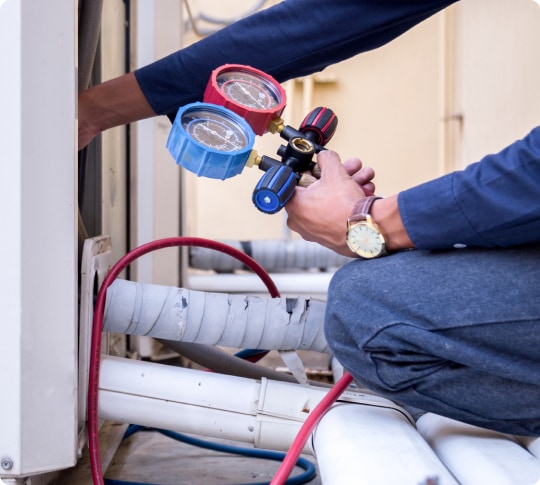
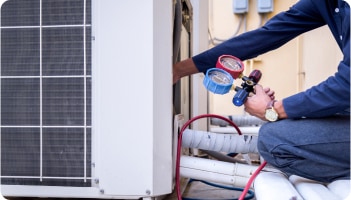
Routine maintenance is vital for the longevity of your plumbing, heating, and air conditioning systems. Sign up for our Blue Care Maintenance Plan for annual service and exclusive membership benefits, including:
- Priority scheduling
- Waived service fee during normal business hours
- 10% discount on service calls
- 3% discount on new installations
- Two-year parts and labor warranty on new equipment



